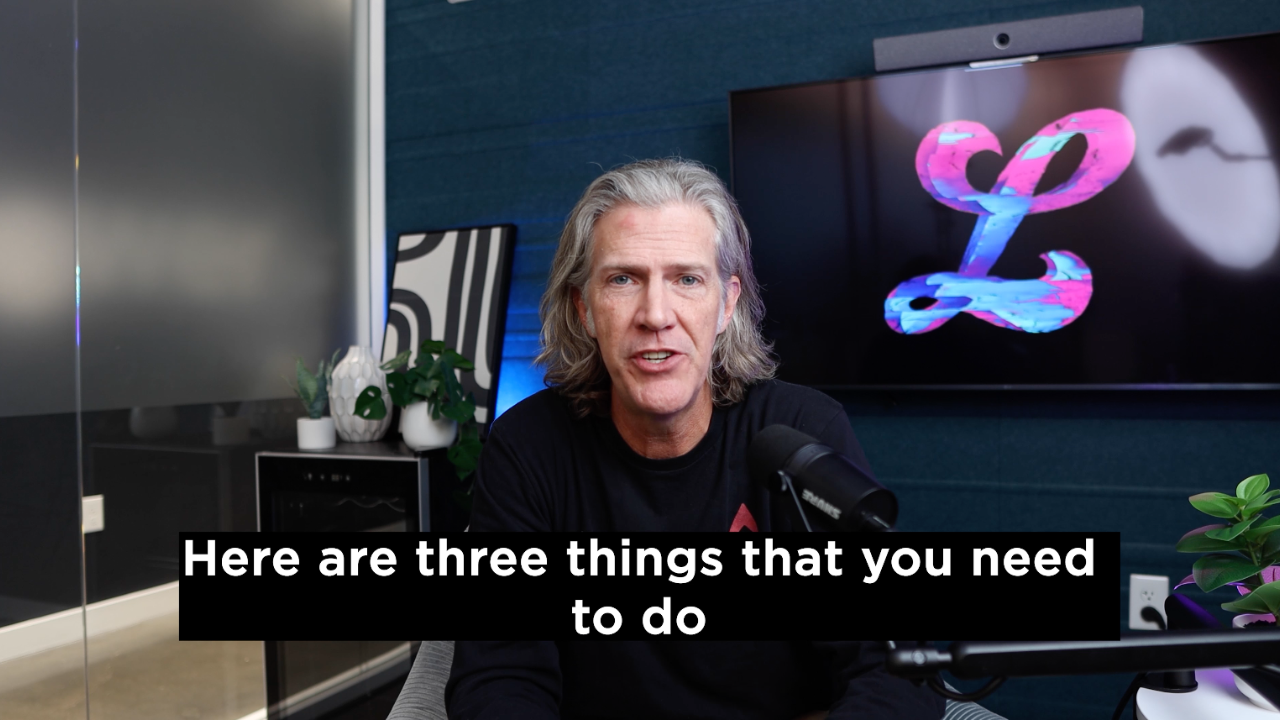Types of VA Loans
Not all VA loans are created equal. There are several different types, and some may work better for your situation than others. The four types of VA mortgage loan products are:
- Purchase loan: VA-backed loan for a home purchase
- Native American Direct Loan (NADL): Direct loan program for Native American Veterans or spouses for assistance buying, building, or improving a home
- Interest Rate Reduction Refinance Loan (IRRRL): Interest rate refinancing opportunity for an existing home loan
- Cash-out refinance loan: Refinance loan to withdraw cash from home equity
There are several different types of VA loans, and some may work better for your situation than others.
VA Loan Eligibility
Whether you’re a first-time homebuyer or have owned your home for years, a VA or VA-backed home loan can provide you many financial benefits. But before applying, you’ll want to make sure you’re eligible.
The VA’s requirements depend largely on how long you or your veteran spouse served in the armed forces. To make it easy to understand, here’s a breakdown of their general home loan eligibility requirements.
The VA’s requirements depend largely on how long you or your veteran spouse served in the armed forces.
Active-duty veterans and service members
You’re considered an active-duty veteran or service member if you meet requirements stipulated by the VA. Typically, this means that you are currently on active duty and have already served at least 90 days, or you are a veteran who has served at least 90 continuous days in wartime or 181 days in peacetime.
National Guard or Reserve members
If you’re a member of the National Guard or Reserve, you’re eligible if you:
- have served at least 90 days of active duty between 1990 and the present
- have served six years in the Selected Reserve or National Guard
You retain eligibility if you were discharged honorably, placed on the retired list, transferred to Standby Reserve or Ready Reserve after honorable service, or are still in the Selected Reserve.
Additional eligibility opportunities
Don’t meet these requirements? You could still be eligible.
The VA specifies that you may still be able to apply for a certificate of eligibility (COE) if you were discharged for a situation such as an early out, a hardship, certain medical conditions, or a service-connected disability. You also may be eligible if you are the spouse of a veteran who has passed away, is missing in action, or is being held as a prisoner of war.
Additionally, if you are a citizen of the U.S. and served in the Armed Forces of a U.S. ally government during World War II or if you were a member of certain applicable entities, you could be eligible. Examples include serving as a public health service officer or an officer of the National Oceanic and Atmospheric Administration, among others.
Native American Direct Loan eligibility
You may be eligible for the NADL program if you’re a Native American veteran or if you’re a veteran married to a Native American. If you think you may be eligible for the NADL program, you’ll have to check to make sure your tribal government is under contract with the VA when you apply for your COE.
Benefits of VA-Backed Purchase Home Loans
Paying for a home is no small task, but these programs exist to make the process simpler and more affordable for veterans. VA home loans can be used for any of the following purposes:
- Building a new home
- Buying a house or condo
- Buying a house and improving it
- Refinancing an existing mortgage
- Making updates to a home for energy efficiency
With most VA loans, you may not be required to make a down payment or buy mortgage insurance. VA loans also offer better interest rates and loan terms than standard loans, and you'll likely pay less in closing costs. There are no early repayment fees if you’re able to pay off the loan before the term is over either.
Following the Blue Water Navy Vietnam Veterans Act of 2019, there are fewer limits on VA loans as well. There is no longer a borrowing cap on new VA loans, though you’ll have to make a down payment when borrowing higher amounts. Veterans will also be able to borrow more without making a down payment.
If you’ve already purchased a home, you can refinance your mortgage using a VA-backed home loan, to get the benefit of these lower fees and interest rates.
VA loans also offer better interest rates and loan terms than standard loans, and you'll likely pay less in closing costs.
VA Funding Fee
One thing to note when you're considering the amount needed to close on a VA Finance or Refinance loan is the funding fee charged by the VA.
For example, if you're buying a home for the first time through the VA and your down payment is 5% or less, your VA funding fee will be 2.3% of the purchase price. For more scenarios and the most up-to-date pricing, visit the official VA website.
How to Apply for a VA Loan
The first step in applying for a VA or VA-backed loan is applying for a COE. This document is proof that you qualify for VA loan entitlements.
First, gather the necessary documents, which will vary based on your situation:
- Veterans: copy of discharge/separation papers
- Service members: statement of service with a signature from your personnel officer/adjutant/commander
- National Guard or Reserve members: copy of discharge/separation papers
- Never-activated Guard or Reserve members: statement of service with signature
- Never-activated, discharged Guard members: report of separation and record of service, retirement points statement, and proof of character of service
- Never-activated, discharged Reserve members: copy of retirement points and proof of honorable service
- Surviving spouses: veteran’s discharge documents
Spouses will also need to send in additional documents, including a Request for Determination of Loan Guaranty Eligibility, Unmarried Surviving Spouses form (if receiving dependency and indemnity compensation), or an application for these benefits if not already active. You’ll also need a marriage license and the death certificate of the veteran. Eligible parties can apply for the COE through the VA’s website or via mail by filling out a Request for a Certificate of Eligibility.
First, apply for a COE, which is documented proof that you qualify for a VA loan.
After applying for the COE, next steps will vary based on the type of loan assistance you’re applying for. You’ll need a VA appraisal of your home or the home you intend to buy, which outlines how much the house is worth. You’ll then work with a financial institution, similar to how you would with other types of mortgages. If your loan application is accepted, you and a lender will work out the details of the loan.
Key Takeaways
If you’re a veteran, Guard or Reserve Member, or active-duty service member, take advantage of the many benefits that VA and VA-backed loans can bring you. You can save money and get the assistance you need when you’re ready to buy, build, or refinance a home. These benefits are available whether you’re a first-time homebuyer or just looking for a way to get on top of your finances.
Before you begin your application, review this guide carefully to make sure you meet eligibility requirements for a COE. The VA generally requires that you are an active-duty service member for at least 90 days, are a veteran who has served 90 days in wartime or 181 days in peacetime, or were discharged because of a service-connected disability. You’ll also want to review your options and make sure you’re selecting the right loan for your financial needs.
Gather all the necessary paperwork and documents before sending in your application. Then, you’ll be ready to enjoy the benefits of a VA home loan, including no down payment, lower closing costs, better interest rates, and no penalty fees.
Ready to get started? We're Lower, and we've helped hundreds of Veteran families buy the homes of their dreams.

















.svg)
.svg)

.svg)













